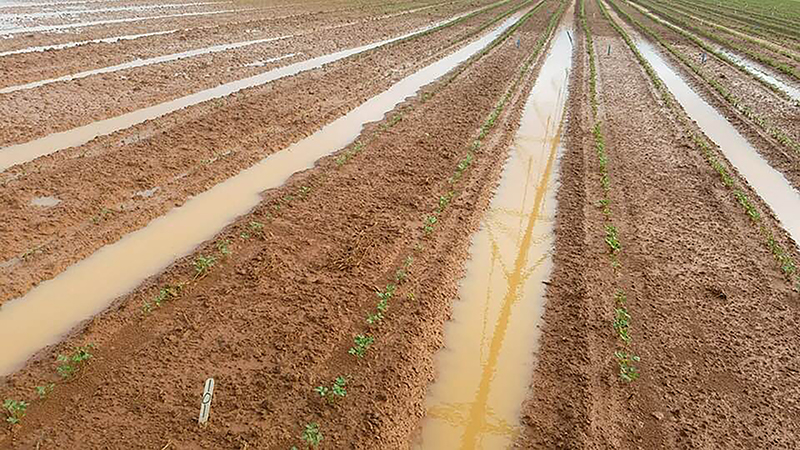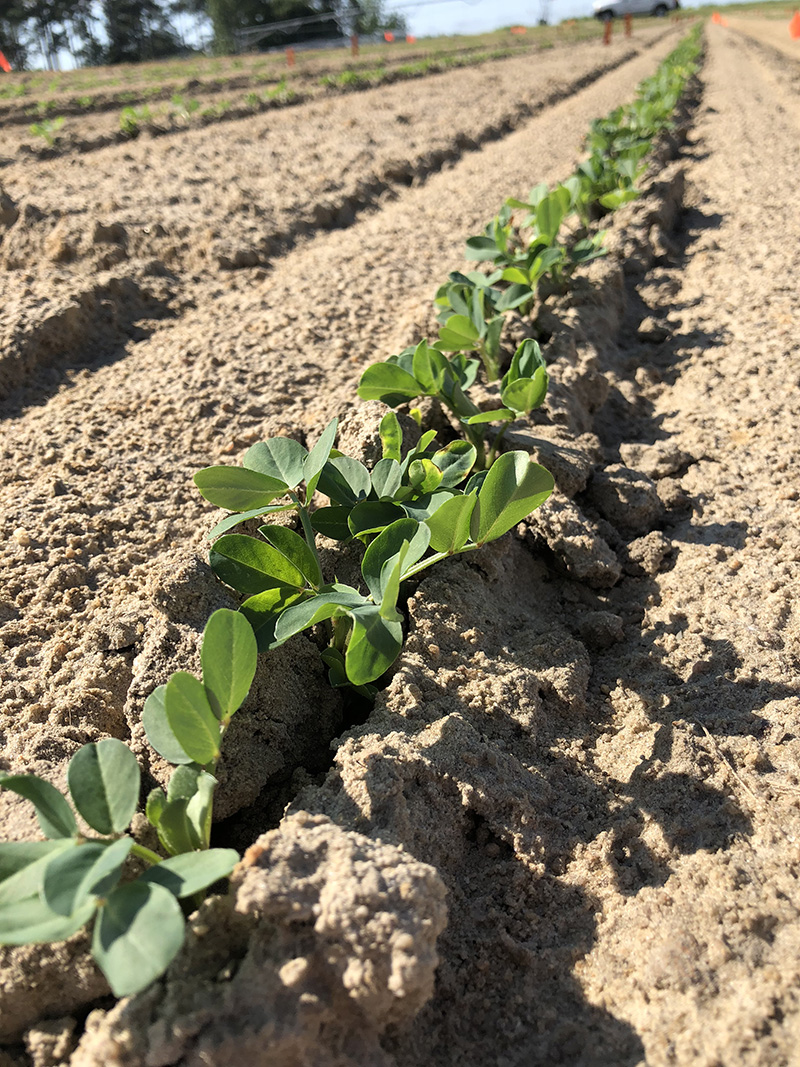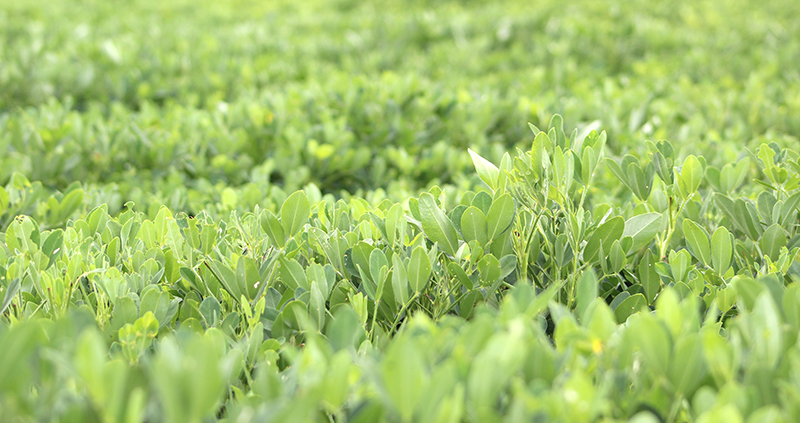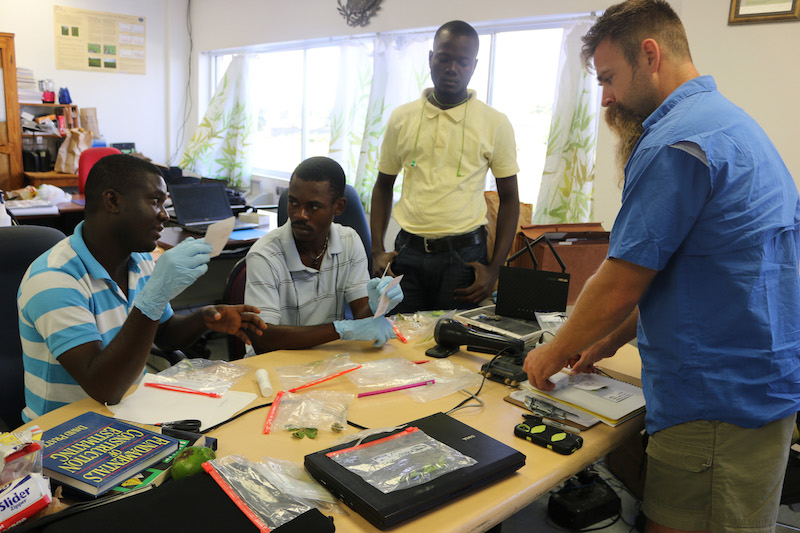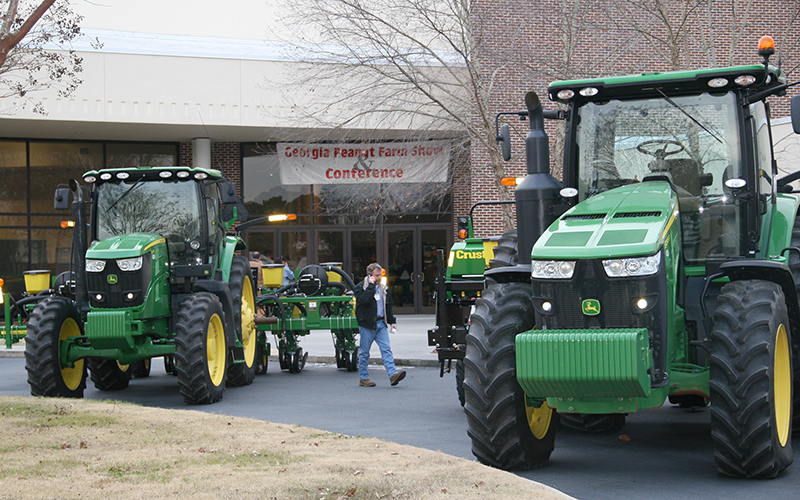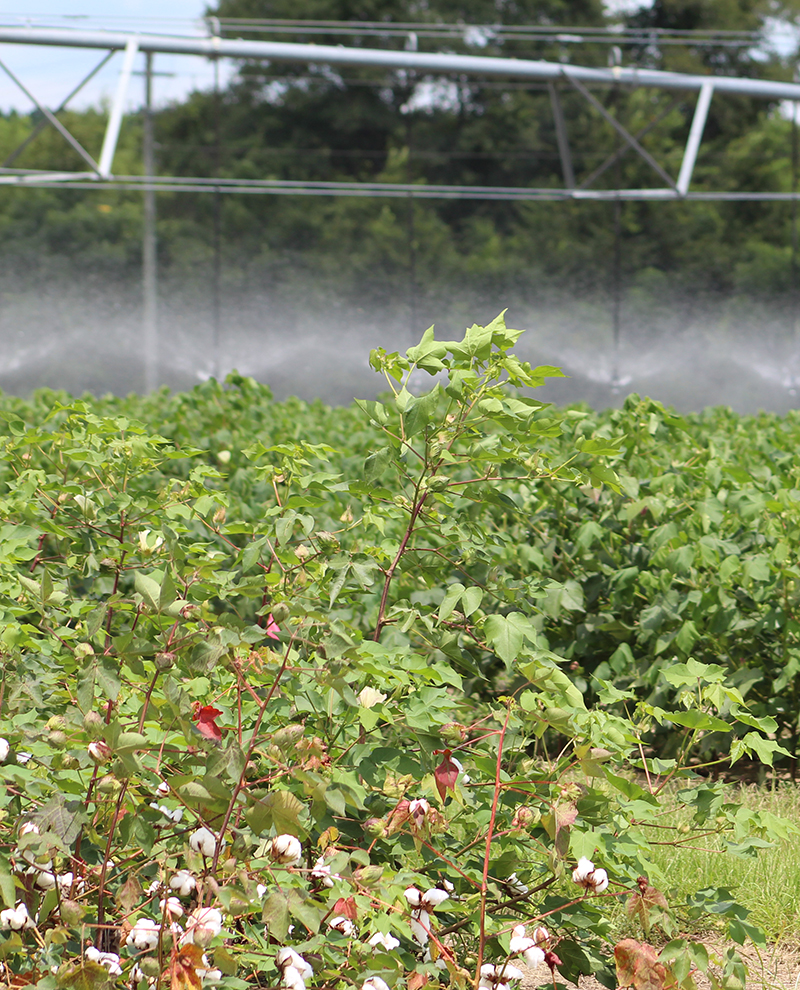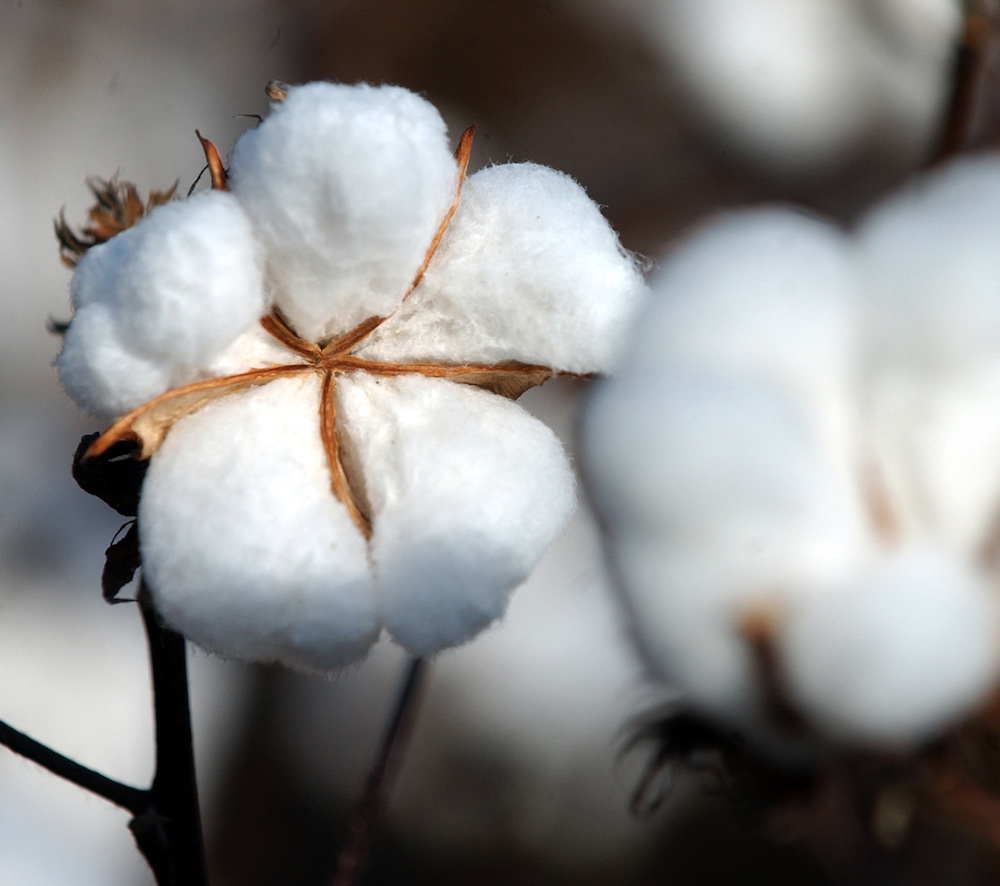 CAES News
CAES News
NIFA Grants
The U.S. Department of Agriculture (USDA) National Institute of Food and Agriculture (NIFA) awarded University of Georgia College of Agricultural and Environmental Sciences (CAES) plant breeders almost $1 million in grants this fiscal year to produce improved cotton and peanut varieties.

